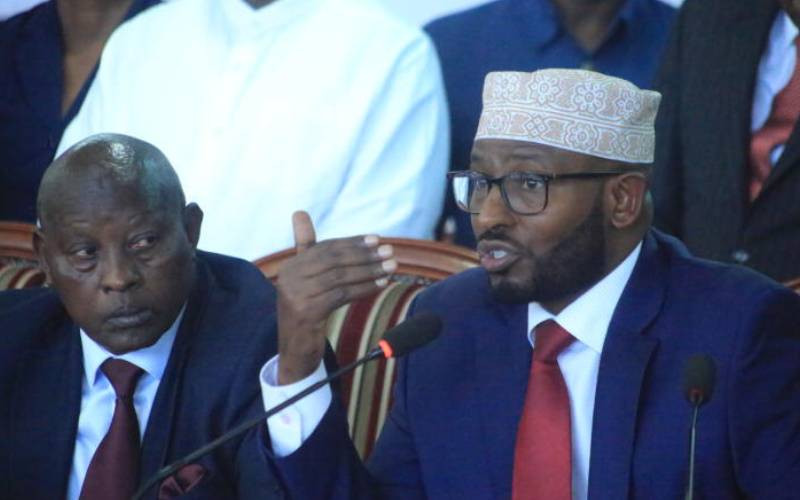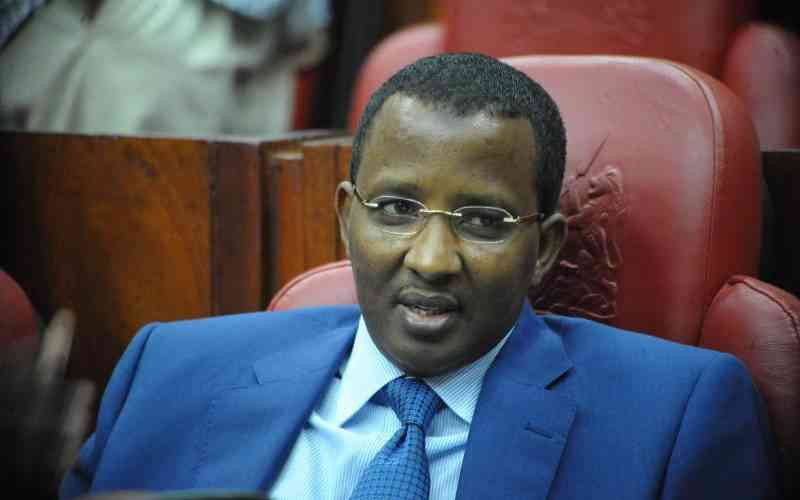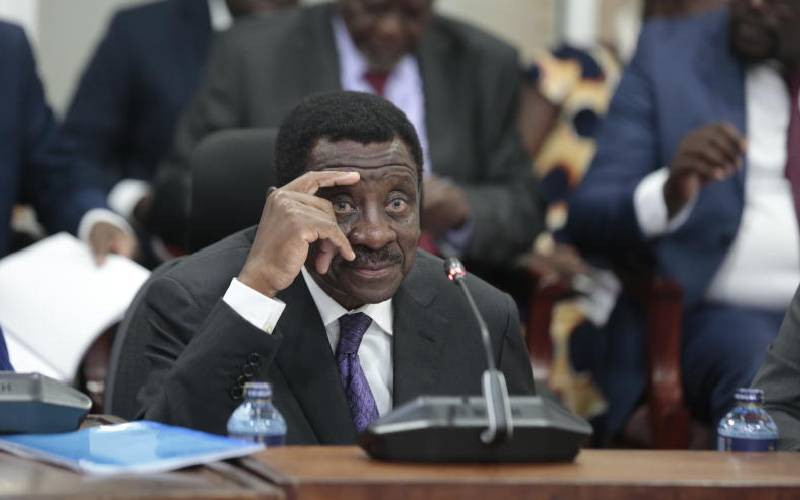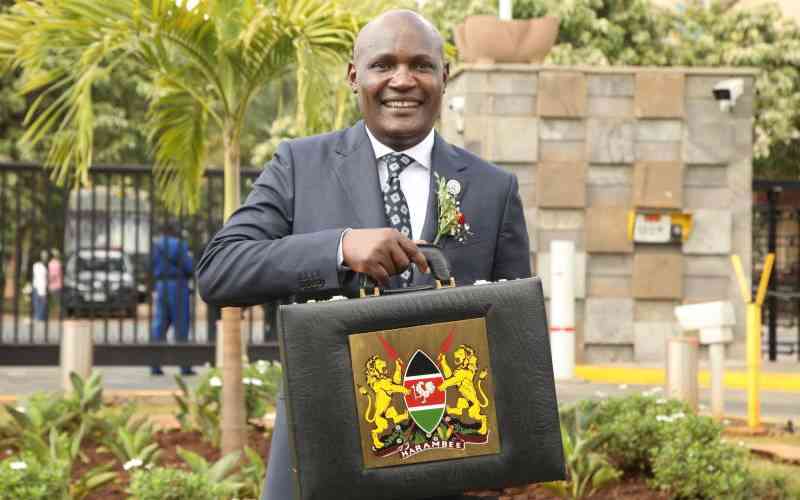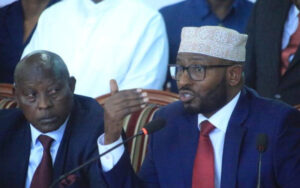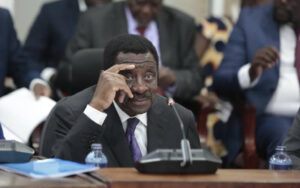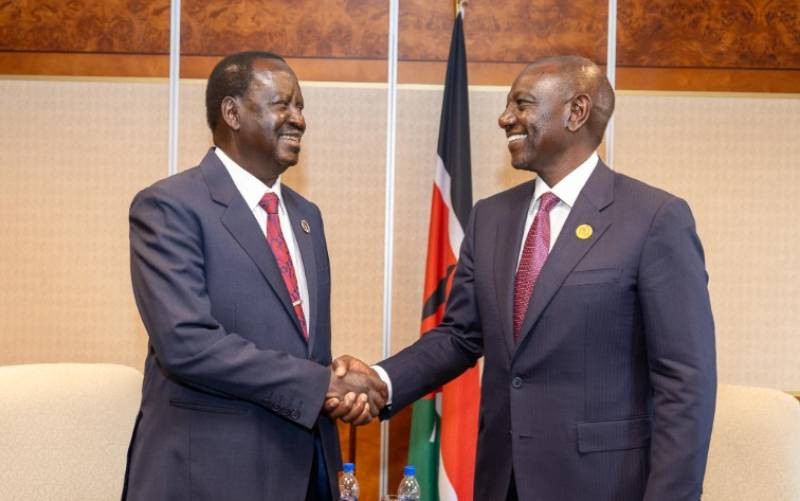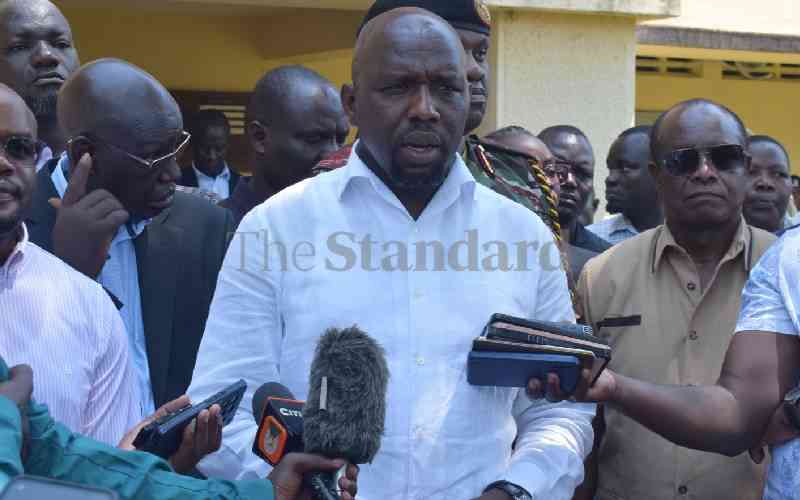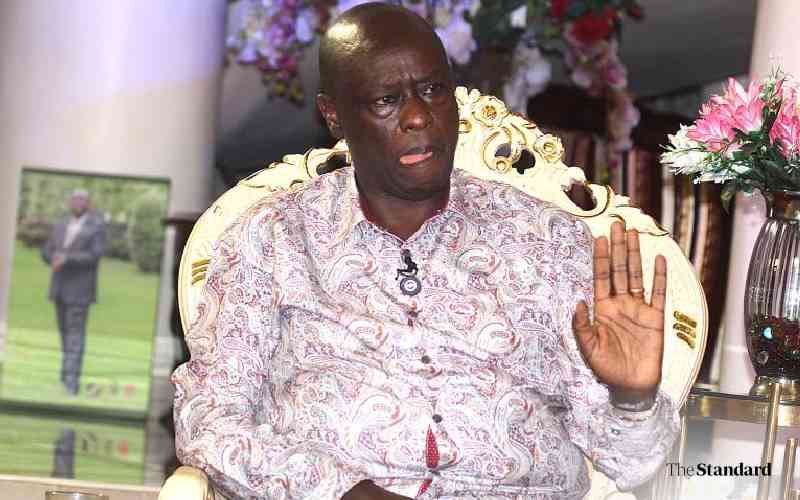Treasury Cabinet Secretary John Mbadi has directed ministries to eliminate overlapping functions in the new budget cycle, warning that duplication is driving up government spending.
Speaking on Monday during the inauguration of sector working groups for budget preparation on Monday, August 25, Mbadi said the government will prioritise joint programmes to deliver impact at lower cost.
“We cannot have different sectors of government working in silos to solve the same problem,” said Mbadi.
He noted that the budget will focus on sustaining growth momentum, restoring fiscal discipline and protecting essential services.
Mbadi explained that ministries must adopt zero-based budgeting, where every programme is justified before resources are allocated.
“This financial year we will have no excuses on why we cannot adopt zero-based budgeting. We piloted it last year; now we must actualise its full implementation. Ministries and departments must justify every programme as resources will be allocated competitively,” noted Mbadi.
He observed that the new budget cycle comes at a time when the global economy faces challenges from rising trade barriers, tighter financial conditions and policy uncertainty.
According to the Treasury, global growth is projected to slow to 3 per cent in 2025, down from 3.3 per cent, before improving slightly to 3.1 per cent in 2026.
“The competition for resources and funding will inevitably necessitate the elimination of inefficiencies, duplication and misallocation. Public participation also continues to be a cornerstone of our fiscal policy,” observed Mbadi.
Domestically, the economy grew 4.9 per cent in the first quarter of 2025, up from 4.7 per cent in the same period last year.
Treasury projects growth will reach 5.3 per cent in the next quarter, supported by agriculture, manufacturing, mining and services.
“Our manufacturing sector has shown clear signs of recovery as well as mining. We also expect a robust service industry and macroeconomic stability from ongoing public investments in construction and roads,” said Mbadi.
The Cabinet Secretary cautioned that political protests in June and July, climate extremes and food insecurity continue to weigh on growth.
Treasury data shows the 2023/24 financial year closed with a 4.7 per cent deficit, which widened to 5.8 per cent in 2024/25. Revenue is projected at 17.2 per cent of gross domestic product, while expenditure is capped below 22.2 per cent.
Stay informed. Subscribe to our newsletter
Principal Secretary Chris Kiptoo said the government has cleared all dues owed to counties, ministries and departments, unlike in previous years when arrears were carried forward.
“The Kenyan economy has faced challenges due to debt repayment, with 48 per cent of ordinary revenue going into servicing debt. But we have stabilised repayment and avoided default risks,” said Kiptoo.




